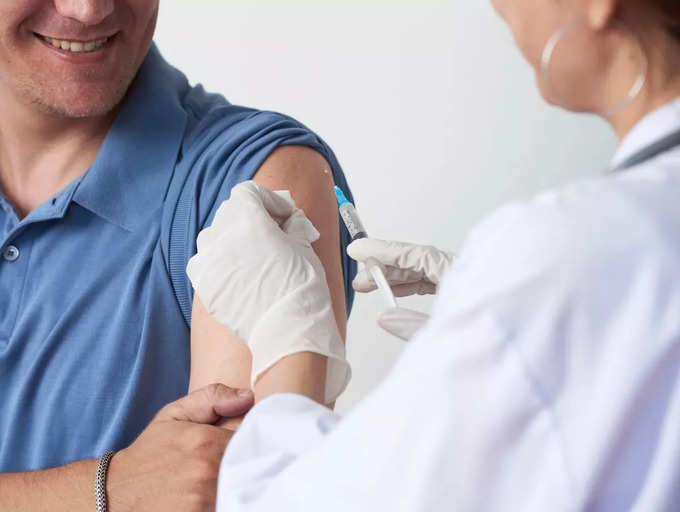What is the best time to get a flu shot? Who needs a flu vaccine and when?
Why is it beneficial to get a flu vaccine right now?

The 2021 flu season is causing a surge in cases, and seeing multiple accounts of hospitalization as well. For an infection which is often taken to be a form of a routine illness, it is being considered to be a ‘worse form of a cold’ that doesn’t relieve easily. At the same time, while severe infection cases are being observed, there’s also been a lot of stress on the importance of flu vaccination, which, much like COVID-19, can protect one from severity and infection risk.
Is COVID-19 making flu season worse?

Granted that we have been facing the upsurge of a graver virus for almost two years, there are many who believe that added preventive hygiene measures, and a waning exposure level to respiratory viruses, including influenza are contributing to a severe flu season this year. Not only are we not habitual to getting the flu, later diagnosis and prolonged symptoms are making a case of flu just as relatively serious as that of COVID-19 risk right now.
Having said that, considering the rise in cases and change in season, getting the flu vaccine right now is a beneficial choice. Scientists usually develop the annual influenza vaccines based on the composition of the flu strains that circulated the year before. The vaccines also get routinely upgraded and changed, to offer higher protection odds. Hence, noting the timing, and the type of vaccine you get are factors which should be considered , if you are to get vaccinated right now.
Why does timing matter, when it comes to the flu vaccination?

Flu virus is a pathogen which keeps on mutating often. Unlike other vaccines, the flu vaccine has been known to grant favourable immune protection for a limited time, (6-7 months). Hence, getting a version of the vaccine which offers protection against the new variants, and does not cause an immunity dip is essential to minimize chances of infection.
Getting a vaccine dose, in times like this, even if you have had contracted the flu before helps limit the odds of contracting the infection, differentiate easily between COVID and flu and prevent risk of hospitalization as well.
When would it be the best time to get the shot?

September-October are usually the months when the flu season gets worse, many tend to consider these months to be the best time to get a flu shot.
Since it's also speculated that if a third wave is to come up, there are higher chances of COVID and the flu circulating at the same time and causing infection, getting both the vaccines at the appropriate time will help individuals stay vigilant, and avoid additional risks of coinfection too.
However, since flu can also routinely strike through other parts of the year, a vaccine can be taken earlier too, but it would nonetheless be most effective if taken during the peak season.
Hence, if you do plan to get inoculated, wisest would be to get the flu jab by the end of October.
How long does it take to build sufficient immunity?
Much like the COVID-19 vaccine, the flu vaccine too takes about two weeks time post vaccination to dole out protective antibodies, which then stays on for about six months before starting to wane.
Who requires prioritized care and why?

While it's imperative that everyone get vaccinated at a wise time, flu, like COVID-19 can be a lurking threat for some specific age groups, including kids and seniors. Since senior age groups, with immunocompromising issues, and pre-existing health problems can be prone to serious illness and hospitalization, these people may need more prioritized care.
Kids may also currently benefit from getting timely flu shots, since they do not have access to COVID shots right now. Protection against the flu will help them avoid infection, and easily differentiate between symptoms as well.